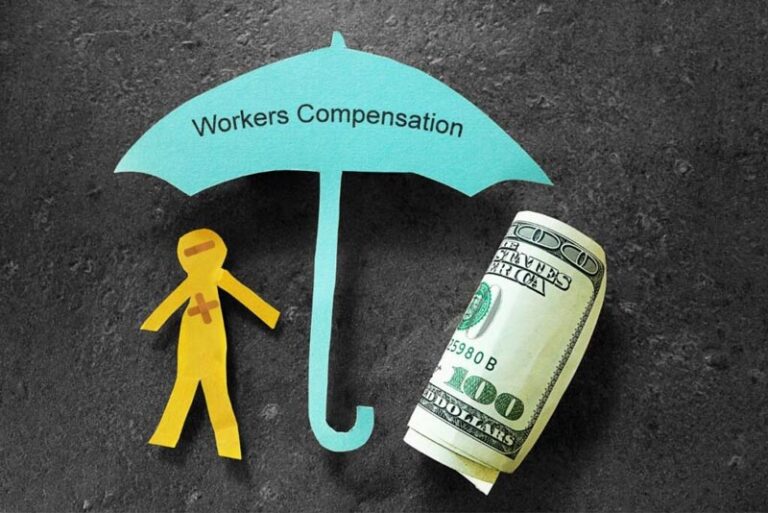Workers’ Compensation Law in the US first came into effect around 1911. The law was designed to protect workers by providing compensation for any injuries sustained at the workplace.
Workers’ compensation law covers an array of injuries, like
- Falls
- Sprains
- Fractures
- Muscle sprains
- Electrocution
- Being crushed by an object
- Repetitive strain, like carpal tunnel syndrome
If you or someone you know has been injured at work, get in touch with workplace injury lawyers to help you understand your rights and obtain fair compensation.
Workers’ compensation laws differ from state to state. Texas is the only state that doesn’t require private businesses to provide workers’ compensation. However, private entities in Texas that work with the government are required to provide workers’ compensation.
Worker’s compensation law does not cover certain professions. Some are listed below.
- Agricultural workers
- Domestic workers
- Business owners
Benefits you are eligible for under workers’ compensation law
Workers’ compensation is typically not taxable. However, you may have to pay a small amount of tax if you also receive social security benefits.
By receiving compensation, you forfeit your right to sue your employer. Given below are the various benefits one can expect through workers’ compensation.
Medical benefits
The main compensation provided to workers is payment for injuries sustained during the course of employment. This does not include, for example, an accident the worker had on their way to work.
Workers can seek compensation for a fall due to an unsafe workplace or long-term injuries like carpal tunnel syndrome due to repetitive actions performed at work.
Workers are not eligible for compensation for injuries sustained due to drug or alcohol usage or self-inflicted injuries, like injuries from a fight you started at work.
Vocational rehabilitation
If a worker is unable to return to work due to a work-related injury, the employer is required by law to provide compensation for rehabilitation therapy to help overcome the injury. Some examples of this include:
- Preparing an amputee to use a prosthetic
- Physical training to help overcome an injury like a broken leg
- Training a blind person to use a cane
Workers are also entitled to receive assistance from employers in the form of career counseling and other services to secure a job.
Death benefits
If a worker passes away due to a work-related injury, their dependents are entitled to death benefits. This aims to cover any financial support they receive from the worker.
Death benefits vary from state to state but are generally payable to any blood relative who was dependent on the worker, including a spouse, children, or parents. Some states also cover relatives who were partially dependent on the deceased worker.
These benefits typically stop after a time limit or payout limit has been reached. Children are typically entitled to benefits until they turn 18.
Conclusion
The number of work-related injuries recorded in 2022 was an incredible 4.53 million. Exposure to harmful substances was the main reason employees were away from work in 2023.
Workers suffer injuries more often than you think. Keep yourself informed on your rights and the procedures involved so you don’t miss out on benefits.


0 Comments